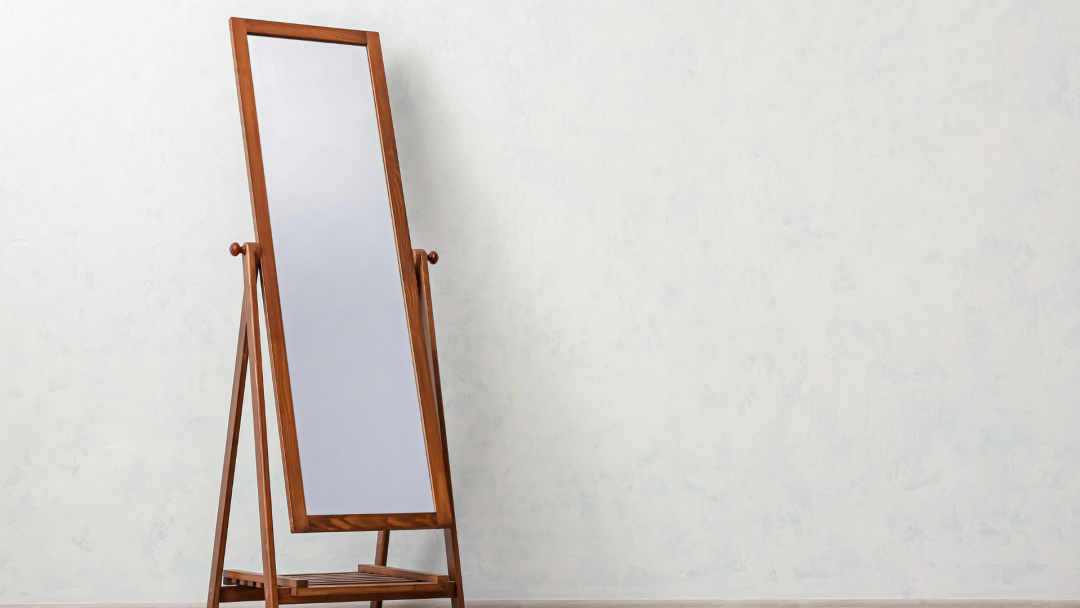How Can Body Positivity Dismantle Oppressive Systems?

Book Review: The Body is Not an Apology
Written by Peer Educator Madeleine Harvey
Content Warning: fatphobia, racism, and colonialism
How can we love our bodies in a world designed to profit off our insecurities? Sonya Renee Taylor’s revolutionary book, The Body is Not Apology, offers an answer to this question. She asks us to acknowledge how the historical legacies of racism and colonialism, along with the contemporary wellness industry, have culminated to induce feelings of body shame. In response, Taylor asks us to practice “radical self-love” to not only love ourselves, but also to love those around us while actively working to dismantle the systems of oppression designed to create bodily discomfort.
First, Taylor recognizes our contemporary conceptions of “health” and “beauty” are informed by a racist past. Following the abolition of slavery in the United States, the growing Protestant movement claimed fat was evidence of poor morality and health. The negative stereotypes perpetuated by this movement were targeted against Black Americans and were used to legitimize racial hierarchies positioning white Americans as superior to Black Americans. Thin, white women were seen as the epitome of beauty, and those who did not fit this criteria were wrongfully classified as “ugly.” These sentiments continue today throughout the obesity epidemic, which stereotypes larger Black women in particular as “immoral” and “lazy.”
The demonization of fatness as a means to legitimate racial hierarchies is further evidenced in Canada against the Indigenous peoples. In her article, “The big colonial bones of Indigenous North America’s obesity epidemic,” Margaret Robinson describes how, throughout the colonization of Canada, female Indigenous bodies were characterized as “fat” and “exotic” who needed to be “domesticated” into thinness and submission by European men. She explains how the Canadian government perpetuates this paradigm of control in contemporary public health efforts designed to infiltrate Indigenous reserves and “control” Indigenous bodies through Western medicine and foods. These racist and colonial sentiments pathologizing larger bodies are still present today through the “obesity” epidemic, and continue to implicitly label marginalized bodies as “lazy,” “unhealthy,” and “immoral.” Wellness companies profit off these insecurities by selling food, clothing, and exercise equipment designed to change our appearances to fit the “thin ideal.”
In response to the historical oppression of racialized fat bodies that continues to this day, Taylor asks us to practice “radical self-love.” She describes this self-love as “radical” by suggesting that, in order to love ourselves, we must dismantle the systems of oppression described above. We must demand a shift in economic, political, and social structures. Loving ourselves is not simply an internal process of acceptance and perpetual positivity, but rather it involves questioning the racist, colonial, and capitalist ideologies we are taught from birth. This requires loving others in addition to ourselves.
Taylor outlines several ways we can begin this work in our everyday lives. For example, she suggests becoming the “body-shame free friend” who refuses to belittle their own body or the bodies of others based on sex, race, age, size, sexual orientation, or any other feature. She also asks us to embrace multiple perspectives, and engage in a dialogue, rather than debate with others, to learn about their own lived experiences in their own bodies. Think about how you can encourage others to reflect on their own biases and body shame, challenging the hegemony. Conversations destroying the status quo of body shame can be very difficult and triggering, so she asks us to practice self-care and take breaks throughout this radical process.
When we stop perpetuating anti-fat sentiments by promoting love and acceptance for all, we can begin to dismantle the oppressive structures and appreciate our bodies simply as they are, rather than as they should be. To learn more about radical self-love, please pick up a copy of The Body is Not Apology by Sonya Renee Taylor from your nearest local bookstore or the library.
A statement on positionality: given this article’s discussion of race, colonialism, and fat oppression, it is pertinent to discuss my (the author’s) positionality in relation to thesis topics. I am a thin white woman who has never been medically classified as “obese.” Inevitably, my understanding of this issue will be filtered through my own perceptions and identity. I strongly recommend reading books written by fat and racialized authors to learn more about this topic.
Recommended Readings:
Fearing the Black Body: The Racial Origins of Fatphobia by S. Strings
The Big Colonial Bones of North America’s “Obesity Epidemic” by M. Robinson
What We Don’t Talk About When We Talk About Fat by A. Gordon
References
Robinson, M. (2019). The big colonial bones of Indigenous North America’s “obesity epidemic”.
In Thickening Fat (pp. 15-28). Routledge. https://www.taylorfrancis.com/chapters/edit/10.4324/9780429507540-2/big-colonial-bones-indigenous-north-america-obesity-epidemic-margaret-robinson
Taylor, S. R. (2018). The Body is Not an Apology: The Power of Radical Self-Love.
Berrett—Koehler Publishers, Inc.
Strings, S. (2019). Fearing the Black Body: The Racial Origins of Fatphobia. New York
University Press.
Mental Health & Mental Illness, Physical Health
